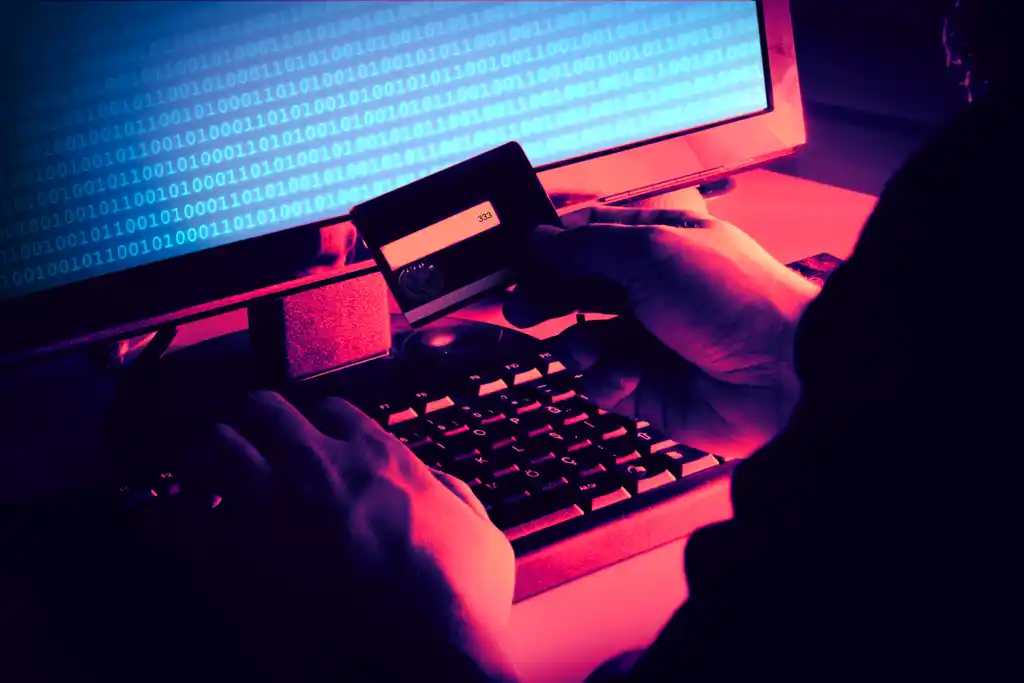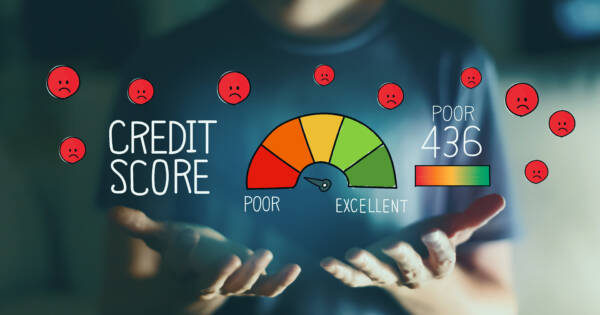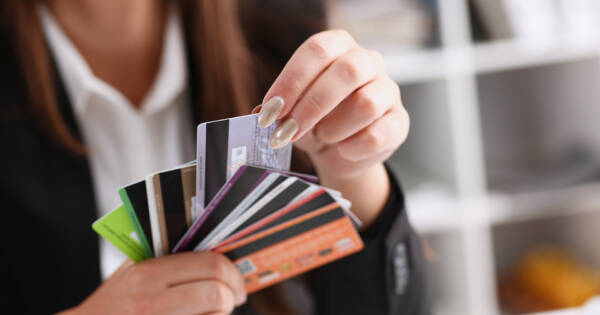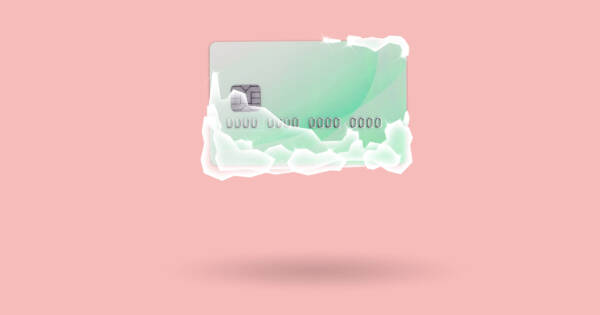When times are hard, those who prey on the financially stressed seem to multiple. Unfortunately, the current global economic situation has created a ripe breeding ground for credit card fraud. According to the Wall Street Journal, attempted credit card fraud was up 35% in April, in terms of dollar value. That compared to the same time period a year ago. The good news is that most of the fraud was caught before scammers could get away with anything.
As always, criminals are innovating new ways to procure your information. Sure, they still do things the old fashion way too — buying black market lists from data breaches. However, they have developed some new tricks too. The WSJ tells the story of one man who was cold-called by someone claiming to be his credit card’s fraud department.
From the Wall Street Journal story:
Anton Hinton got a phone call in late April from someone claiming to represent JPMorgan Chase & Co. The caller, who knew Mr. Hinton’s full name, email address and the last four digits of his account, said his debit-card number had been stolen and needed to be frozen.
The caller told Mr. Hinton to set up a digital wallet to make purchases until Chase could ship a new card to his home in Cleveland. While on the call, he got an email, ostensibly from Chase, with a one-time activation code to set up the digital wallet.
After he hung up, Mr. Hinton saw more than $300 in purchases had been made in Florida.
Protect Your Codes
Most banks and institutions won’t call you out of the blue. Even if they do, they definitely won’t ask you for any “one-time codes” that may have been emailed or texted to you. While you may have forgotten about it, you probably set up those codes to prevent anyone else from accessing your accounts. So now scammers are trying to figure out new ways to get those codes — namely, by directly asking you for them.
Call Back
If you get a call from your financial institution, tell them you’ll call them back. Then go directly to their website to make sure you are calling the right number. If the call is legit, you’ll be able to reconnect. If the call is a scam, you’ll know pretty quickly. One of the problems you might face right now is increased call volume. Lots of folks are struggling. Plenty of them are tying up customer service reps with requests for payments deferrals or inquiring about refund requests. Getting a hold of a real person at your bank is frustrating at the best of times. We certainly wouldn’t call 2020 the “best of times” under any circumstances.
Stay Alert
One of the biggest factors in increased credit card fraud is that we simply aren’t paying attention. With many of us staying at home, barely spending money, it’s easy to stop paying close attention to our credit card statements. After all, you’re barely using it, right? Scammers will try to take advantage of this, and slip in some fraudulent charges if they can. They hope to already have your money before you notice and do anything about it. Even if your credit card company reverses the charges, it’s likely that they will have to eat the cost while the scammer gets away scot-free.
Set Up Alerts
This is always a good idea. However, it’s an extra good idea right now. Set up fraud alerts on your credit accounts. Or identity theft monitoring. Or both. These services will automatically let you know if anything unusual is happening with your credit. It might be a little annoying if you need to perform extra steps to use your card, for example, on a new online shopping site. However, it’s worth the peace of mind.
Other Ways To Stay Safe
While you’re here, let’s talk about a few other good ways to keep your credit card safe and secure. One of the most obvious (and therefore overlooked) tips is to keep your card physically safe. Yes, even in an era where cyber crime exists, some criminals simply try to swipe your physical card. Even if they don’t know your PIN (assuming your card uses one), they can do quick damage just by tapping to pay. And that’s before they start trying to buy things online.
So guard your card closely. Don’t leave it anywhere it’s likely to get lost. When you do go shopping, only bring the cards you intend to use. That way if your wallet or purse does get stolen, you’re less vulnerable to wide-scale fraud. You should also be aware of your surroundings at all times. Some thieves will try to covertly take pictures of credit cards left on store counters or in your hands for too long.
Don’t Sign Blank Credit Card Receipts
We’re sure you’re the type of person who normally tips your server. So you’re probably familiar with the “tip line” on a receipt. However, if you are ever in a situation where you need to leave the tip line blank (we’re not judging, but hopefully you’re just tipping in cash), don’t leave that line blank. A shady individual could add in a total after you leave and your credit card company won’t know the difference.
The best advice is to not be lazy. Go ahead and write in “$0.00.” Then complete any necessary math to make sure all the lines add up to the total you are agreeing to pay. Once that’s complete, it’s safe to add your signature to the receipt.
Shred Your Credit Card Statements
In fact, shred anything with your credit card number on it that you don’t need anymore. Statements, receipts, purchase orders… shred it all. Thieves have been known to go dumpster diving, hoping to score some credit card numbers that are ripe for fraud.
If you’re the kind of person who likes to keep physical records, we understand. But let’s be honest. After about a year or so, do you really need those old statements filling your filing cabinet and collecting dust? Probably not. Shred them, toss them, and rest easy.
Be Careful With Online Shopping
Online ads are everywhere. In your search results, on your social media newsfeed, and before your YouTube videos. We’re sure there are ads on this very article you’re reading (sorry, but we have bills to pay too!). If you do see a product you’re interested in, that’s great! However, always be careful when using your credit card online. There are a few different ways you can stay secure.
First, you can check to see if the site you’re about to input your credit card number into is secure. A quick look for “https://” at the start of the website address is a good sign. Less secure sites might have “http://” instead — with no ‘S’. Your browser may also display a little padlock, to help you know the site is more likely to be secure.
The second you can do is carefully analyze the URL. For example, you might get an email or text messaging from “Your Bank” saying you need to go to “YourBank.org.SomeOtherWebsite.com.” At first glace, it looks okay. But only the last part of the URL is real. The part that mentions Your Bank is just filler. This fake site will look like the real thing on the surface. However, it’s actually designed to steal your login information.
Report Lost Cards Right Away
If you do have your card lost or stolen, don’t just assume it will turn up again. The quicker you report it gone, the less likely fraudsters can make use of it. That also means you don’t have to spend your own valuable time trying to sort out phony charges with your card provider.
If you ever misplace your card (or have it knowingly stolen), call your credit card company right away. You can normally find the number on the company’s website. However, it doesn’t hurt to save the number in your phone ahead of time. That way you don’t have to wait until you get home if you know your card was swiped while out shopping or on vacation.
Use Strong Passwords
When it comes to online banking, it’s important to use strong passwords. After all, that’s your sensitive financial details tucked behind that simple login. You’ve probably heard this advice before, but it’s worth a refresher. First, don’t re-use the same password for multiple sites. It’s almost guaranteed that at least one of those sites will have a data breach at some point in their existence. If you use the same password for multiple sites, only one of them needs to have a security failure in order for all your logins to be compromised.
Secondly, make your password a combination of upper-case and lower-case letters, numbers, and special characters. It makes it much harder for brute force password crackers to randomly guess. And of course, never write down or share your passwords.
Don’t Sign Your Credit Card
This tip may or may not work, depending on how vigilant retailers are. However, you can technically refuse to sign the back of your credit card. Instead, write “PHOTO ID REQUIRED” in that space. Legally, retailers are supposed to check that the signature on the card matches the signature on the receipt. If they see that message instead, it’s an instruction to check photo identification to make sure the person using the card is the person who actually owns the card.
Unfortunately, this is less and less common. These days, most payments are made through tap or chip and pin technology. That means the person working the cash register probably doesn’t even touch your credit card, let alone check the back of it. However, if you’re trying to be extra careful, not signing your credit card is a small additional layer of security.
The Last Word
When the purse strings get tight — as they are for many right now — scammers’ eyes light up. Unfortunately, it’s easier to victimize someone who is already stressed about their financial situation. Don’t let anyone take advantage of you. Whether you are actively using your credit cards or not, pay attention to your statements. Remember the basic rules of protecting identity theft — banks will never call or email asking for your password, never share an access code if you didn’t request it, and tell your bank you will call them back after verifying the correct number.
 Shutterstock
Shutterstock







